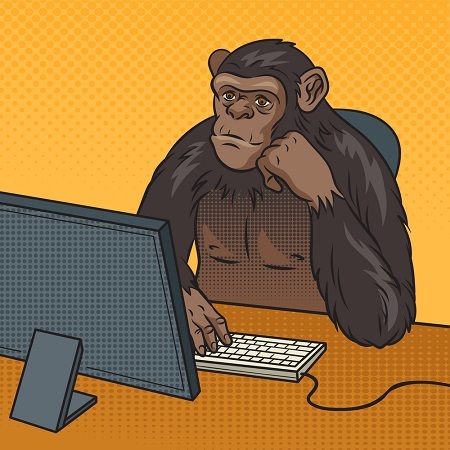What Monkeys Teach Us About Economics with Bart Wilson

What if modern economics has overlooked what truly makes us human?
In this episode, Bart Wilson joins us to explore humanomics—an approach to economics that reintroduces meaning, culture, and moral judgment into how we understand economic behavior.
We talk about how economists miss the mark by assuming too much about how rational we really are—and too little about what it means to be human.
Wilson shares insights from his experimental work with non-human primates, showing how comparing monkey behavior to human decision-making can reveal deep truths about markets, cooperation, and fairness.
We explore big questions all economists should grapple with: What is humanomics, and how does it challenge traditional models? What makes human goals different from animal instincts? Can monkeys and other animals help us understand moral behavior in economics?
Bart Wilson is a professor of Economics and Law at Chapman University and the Director of the Smith Institute for Political Economy and Philosophy. He is the co-author (with Vernon Smith) of Humanomics and the author of Meaningful Economics. His research spans experimental economics, moral philosophy, and decision-making in both humans and non-human primates.
Join us for a wide-ranging and thought-provoking conversation about the future of economics, human nature, and what monkeys can teach us about meaning.
/edit

Want to explore more?
/edit

Want to explore more?
- Maria Pia Paganelli, "Humanomics: Moral Sentiments and Wealth of Nations for the Twenty-First Century," at Econlib.
- Vernon Smith on Markets and Experimental Economics, an EconTalk podcast.
- From the Shelf with Arnold Kling: Bart Wilson, Jack Hope, and Chris Martin, a discussion of Nichaol Raihani's The Social Instinct.
- Charles Noussair on Experimental Economics and Testing Institutions, a Great Antidote podcast.